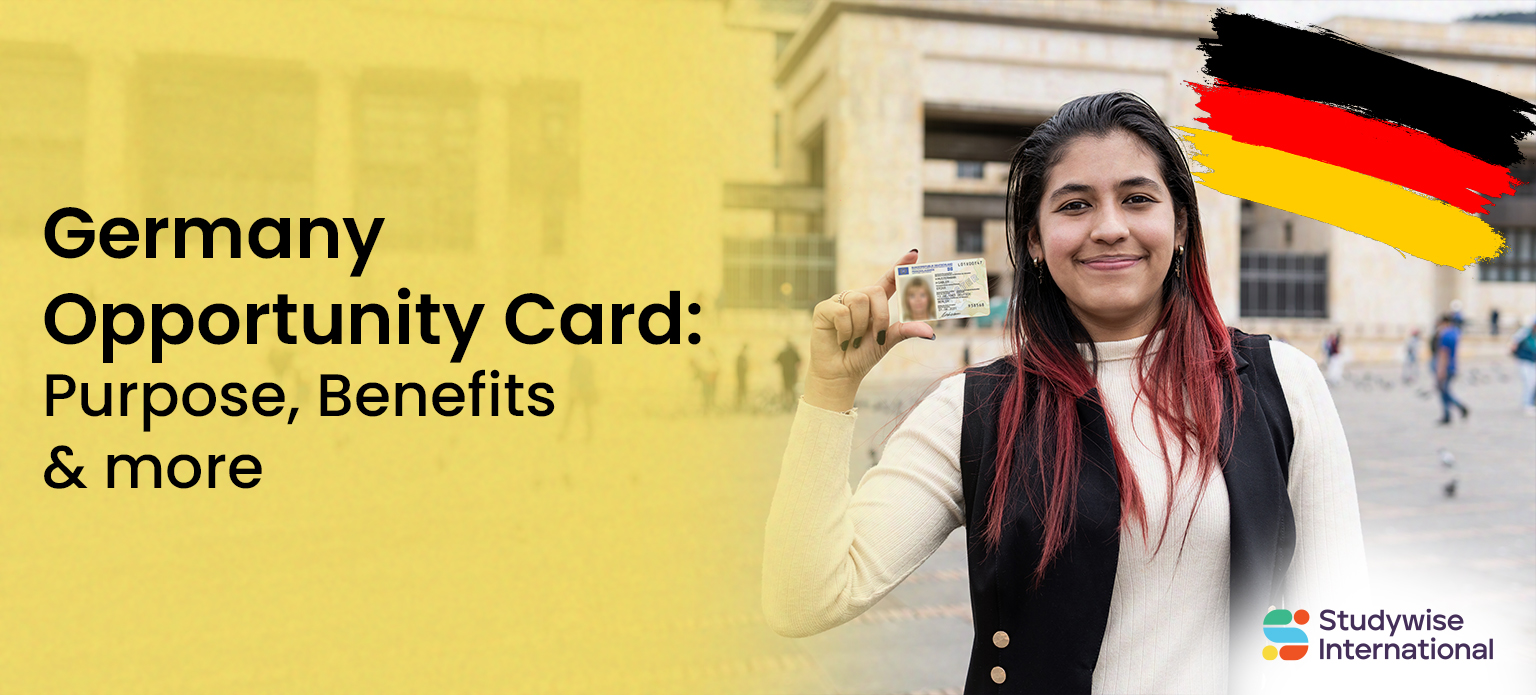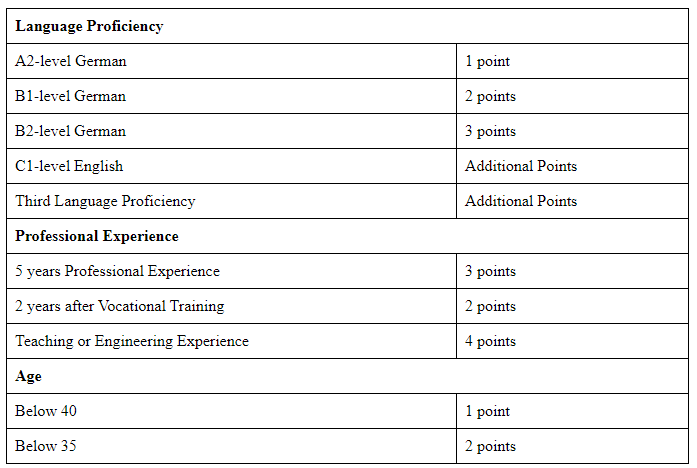
Germany Opportunity Card: Purpose, Benefits & more
- Categories All Study in Abroad Blogs, Study in Germany
- Date July 17, 2024
Germany is a remarkable country. With quality education, a high-end life and immense work opportunities, Germany infuses growth in everyone who lives there. In fact, about 77.10% of its population of 83.28 million is successfully working as a part of its booming economy. Its industries are growing, and, hence, increasing the number of jobs available to grasp. In effect, Germany has launched an Opportunity Card to attract more workers to the European Union. The card not only extends easier procedures but also allows workers from varied regions to come to Germany without a work contract.
In this blog, we will go deeper into understanding the purpose and benefits of the Opportunity Card as well as how one can apply for it.
Purpose of the Opportunity Card
It is widely known that individuals applying for a work visa first need to attain a work contract or sponsorship. However, the tables have turned now that Germany has launched the Chancenkarte or Opportunity Card. Workers can easily and legally enter Germany and look for opportunities in relevant fields. As a pathway to Europe’s largest economies, the card acts as a bridge between Germany employers and global employees. Germany is facing a skill shortage as a result of its aging population. In order to fill vacancies, the government has changed their immigration laws to help foreign workers find their best fits. Opportunity Card is open for applications across the globe. Workers with this card can enter Germany, explore their career options and apply for a worker’s permit.
Also Read: Working in Germany after Completing Studies
Key Benefits of the Opportunity Card
Not only does the Opportunity Card have a streamlined process but it could be the new pathway towards Permanent Residency (PR) in Germany. It allows workers to stay in Germany for up to 12 months to secure a job or work permit approval. All without earning an exclusive permission from the Federal Employment Agency or stressing about not finding a preferable job or position. Not only that, they can earn over 1,000 a month. They can further secure a PR as it seems fit. Yet, one of the key advantages of this card has to be its flexibility. Skilled workers can weigh their potential and status in a number of MNCs and small enterprises within the country. Consequently, they can make informed decisions based on their on-hand experience of the labour market, growth opportunities and so on.
On the other hand, German employees can tap into a global talent pool without considering outsourcing or offshoring. They can make the required changes in their legal framework to accommodate skilled workers from all parts of the world. The hiring process, in effect, is expected to gain a high return on investment (RoI) with efficiency like never before.
Also Read: Top Cities to Study in Germany
Difference Between an Opportunity Card and Job Seeker Visa
The major difference between these two permits is, unlike the job seeker visa, opportunity card holders can work part-time or a temp job in Germany while searching for a relevant full-time opportunity. Despite its flexibility, it allows immigrants to stay in Germany for twice as much time as the job seeker visa does. On the other hand, the academic requirement for the opportunity card is more. The applicant must have professional training for a minimum of 2 years after their university graduation along with 5 years of work experience or more. They need either A1 level of language proficiency in Germany or B2 level in English. Job seeker visa applicants do have it easier on that part as they can apply with work experience of 6 months or more.
Eligibility for the Opportunity Card
A skilled worker under 40 years of age can apply for an Opportunity Card as long as they meet the criteria. The applicant must demonstrate financial stability with a maintenance fund of 12,324 EUR or INR 11 lakh. With its academic requirements, it is largely issued on a point base system. Applicants need 6 points or more in order to attain an Opportunity Card. The visa authority of Germany calculates the applicants’ points with their ages, language proficiency, professional experiences and connections with their population. With high-demand qualifications, the applicants can badge higher scores. Furthermore, applicants with 3rd language proficiency and additional professional qualifications too can entertain better scores.

How to Apply?
Workers can apply for an opportunity card either at the German embassy or at the consulate from India or after arriving at Germany. For the latter, they must have a valid visa to be in the country. Particularly, they must submit their form to the regional registration office for foreigners. All applicants further need to submit their academic and financial records to weigh their eligible and calculate their scores. Alternatively, they can also submit their part-time or full-time work contract with a registered German employer, if available.
Have a query? Connect with Studywise International for a FREE CONSULTATION today!
You may also like

Ireland Intake 2024-25: Universities & Preparation Timeline

TOEFL Scoring System and Validity


